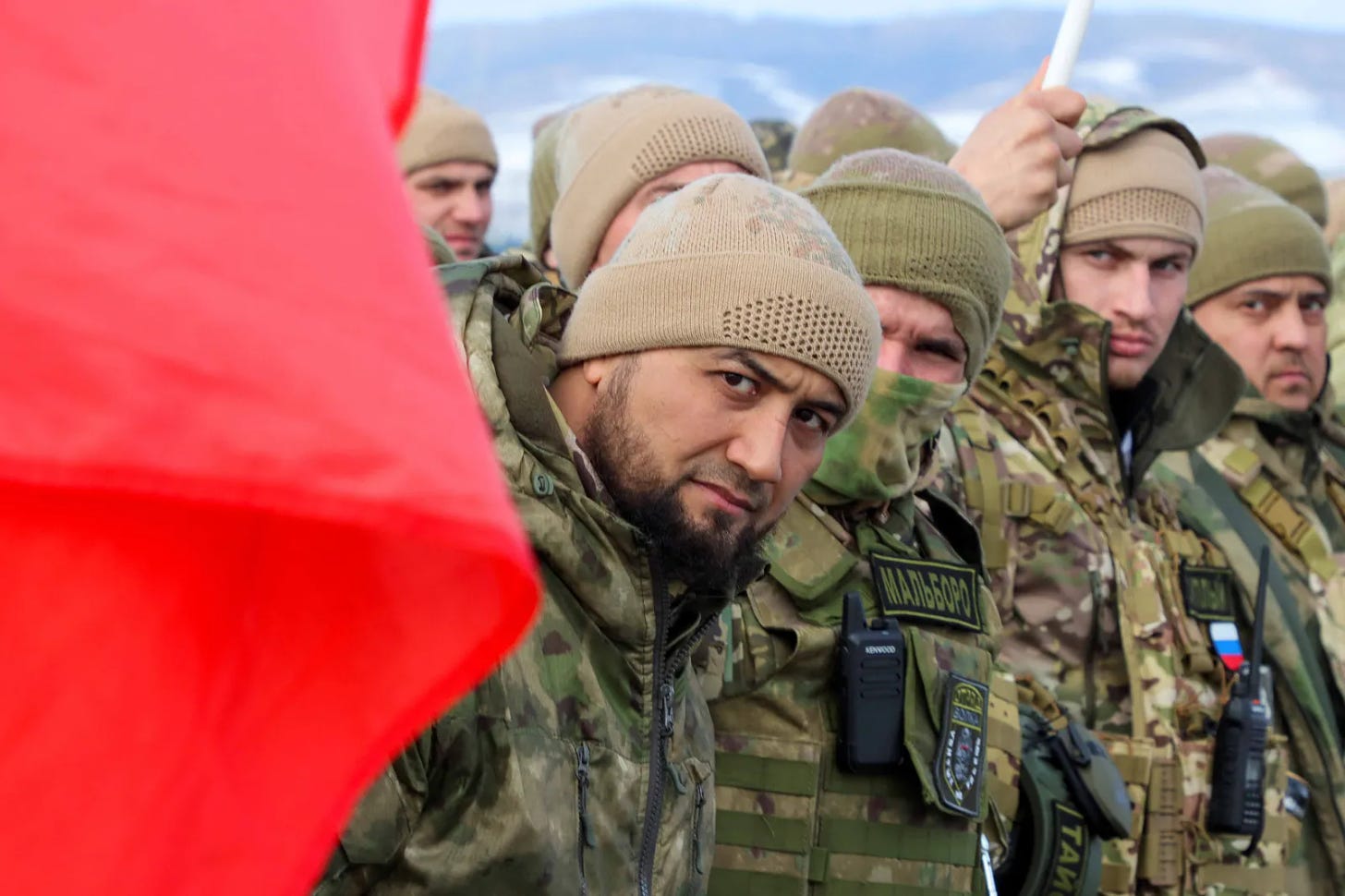Russia’s Adaptation Advantage
My new article in Foreign Affairs about how Russia is winning the strategic adaptation battle against Ukraine - and what we need to do about it
Throughout the war in Ukraine, Kyiv and Moscow have waged an adaptation battle, trying to learn and improve their military effectiveness. In the early stages of the invasion, Ukraine had the advantage. Empowered by a rapid influx of Western weapons, motivated by the existential threat posed by Russia’s aggression, and well prepared for the attack, Kyiv was able to develop new ways of fighting in remarkably short order.
Russia, in contrast, fumbled: a big, arrogant, and lumbering bear, overconfident of a rapid victory. The institutional shock of Russia’s lack of success, in turn, slowed its ability to learn and adapt.
But after two years of war, the adaptation battle has changed. The quality gap between Ukraine and Russia has closed. Ukraine still has an innovative and bottom-up military culture, which allows it to quickly introduce new battlefield technologies and tactics. But it can struggle to make sure that those lessons are systematized and spread throughout the entire armed forces. Russia, on the other hand, is slower to learn from the bottom up because of a reluctance to report failure and a more centralized command philosophy. Yet when Russia does finally learn something, it is able to systematize it across the military and through its large defense industry.
These differences are reflected in the ways the two states innovate.
Ukraine is better at tactical adaptation: learning and improving on the battlefield. Russia is superior at strategic adaptation, or learning and adaptation that affects national and military policymaking, such as how states use their resources. Both forms of adaptation are important. But it is the latter type that is most crucial to winning wars.
The longer this war lasts, the better Russia will get at learning, adapting, and building a more effective, modern fighting force. Slowly but surely, Moscow will absorb new ideas from the battlefield and rearrange its tactics accordingly. Its strategic adaptation already helped it fend off Ukraine’s counteroffensive, and over the last few months it has helped Russian troops take more territory from Kyiv.
Ultimately, if Russia’s edge in strategic adaptation persists without an appropriate Western response, the worst that can happen in this war is not stalemate. It is a Ukrainian defeat.
Read the rest of my new article, exploring the differences between Ukrainian and Russian adaptation, and what this means for the trajectory of the war in Ukraine, here at Foreign Affairs.





This article confirms my long held view that not defeating Russia early and ousting it from Ukraine is both a tragedy for Ukraine and a missed opportunity for the West to end Putin's campaign to rebuild his Russian Empire.